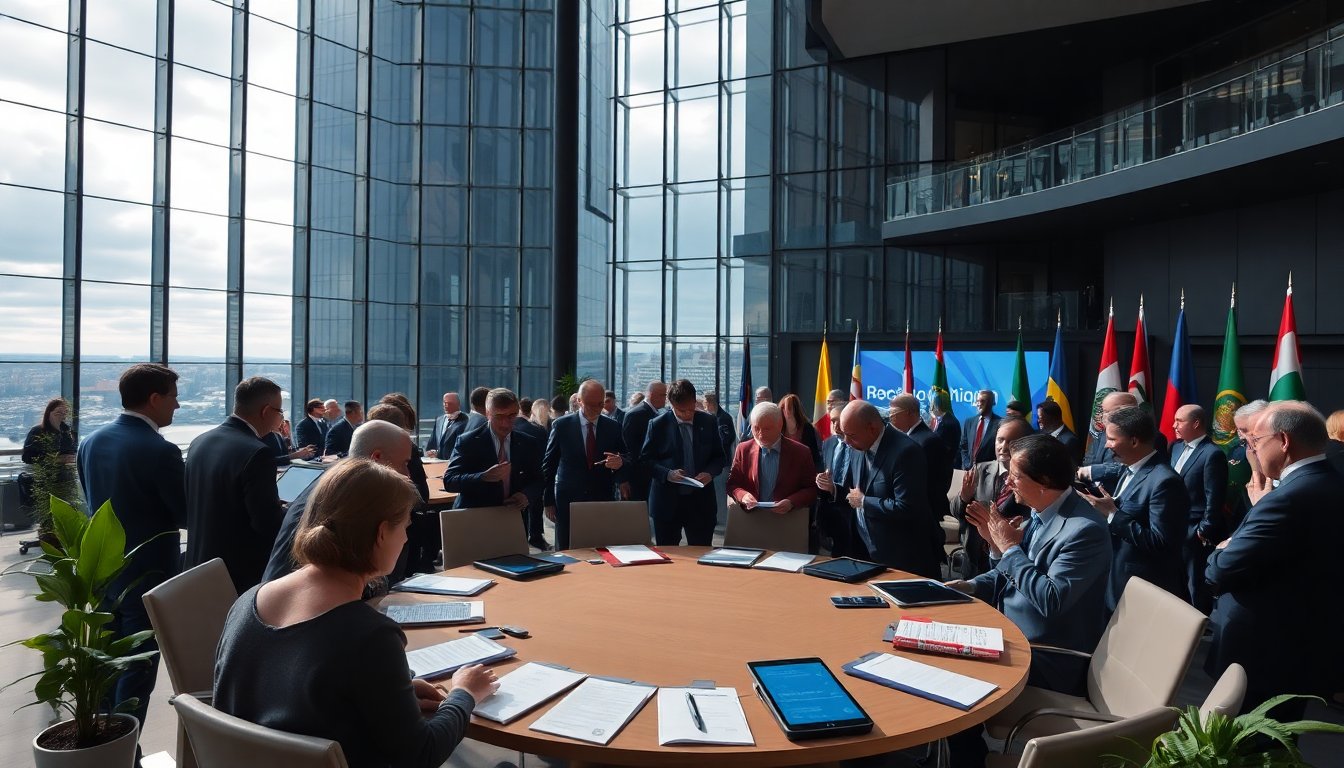Table of Contents
In a world increasingly shaped by geopolitical tensions, leaders from around the globe gathered in Copenhagen to address urgent security challenges. With the specter of Russian aggression looming large, this summit served as a crucial platform for dialogue and strategy.
The convergence of various heads of state underscored the pressing need for collaboration and solidarity among nations facing evolving threats. As global dynamics shift, discussions in Copenhagen may set the tone for future international relations.
Key takeaways from the Copenhagen summit
Among the key discussions, enhancing defense cooperation and establishing robust frameworks to counteract external pressures took center stage. Leaders emphasized the importance of unity in addressing the multifaceted challenges posed by adversarial states.
In particular, the implications of Russia’s actions and the necessity for a coordinated response were central to the conversations. The leaders recognized that a collective approach would be essential to effectively navigate these turbulent waters.
Strengthening alliances
As the summit unfolded, leaders reiterated their commitment to strengthening existing alliances and forming new partnerships. The discussions highlighted the relevance of organizations like NATO in fostering a united front against potential threats.
The significance of strategic partnerships was emphasized, with leaders exploring avenues to enhance military readiness and resource sharing. This collaborative spirit is vital for ensuring that nations can respond swiftly and effectively to emerging crises.
UK and US leaders wrap up Trump’s visit
In a related context, the leaders of the United Kingdom and the United States concluded a significant visit by former President Donald Trump. While discussions reflected a general consensus on various topics, a noticeable lack of progress on more contentious issues was apparent.
This meeting served as a reminder of the challenges that persist even among allied nations. Although leaders expressed agreement on several fronts, it became clear that deeper discussions are needed to resolve more complex matters.
Challenges ahead for transatlantic relations
As the leaders departed, the sentiment remained mixed. On one hand, the reaffirmation of friendship between the UK and US was evident, but on the other, significant hurdles lay ahead. Topics such as trade, climate change, and military collaboration require further negotiation to achieve meaningful outcomes.
The road ahead for transatlantic relations is fraught with both challenges and opportunities. Leaders must navigate these complexities with diplomacy and foresight, ensuring that the bonds between these nations remain strong.
Looking forward
The convergence of various heads of state underscored the pressing need for collaboration and solidarity among nations facing evolving threats. As global dynamics shift, discussions in Copenhagen may set the tone for future international relations.0
The convergence of various heads of state underscored the pressing need for collaboration and solidarity among nations facing evolving threats. As global dynamics shift, discussions in Copenhagen may set the tone for future international relations.1


